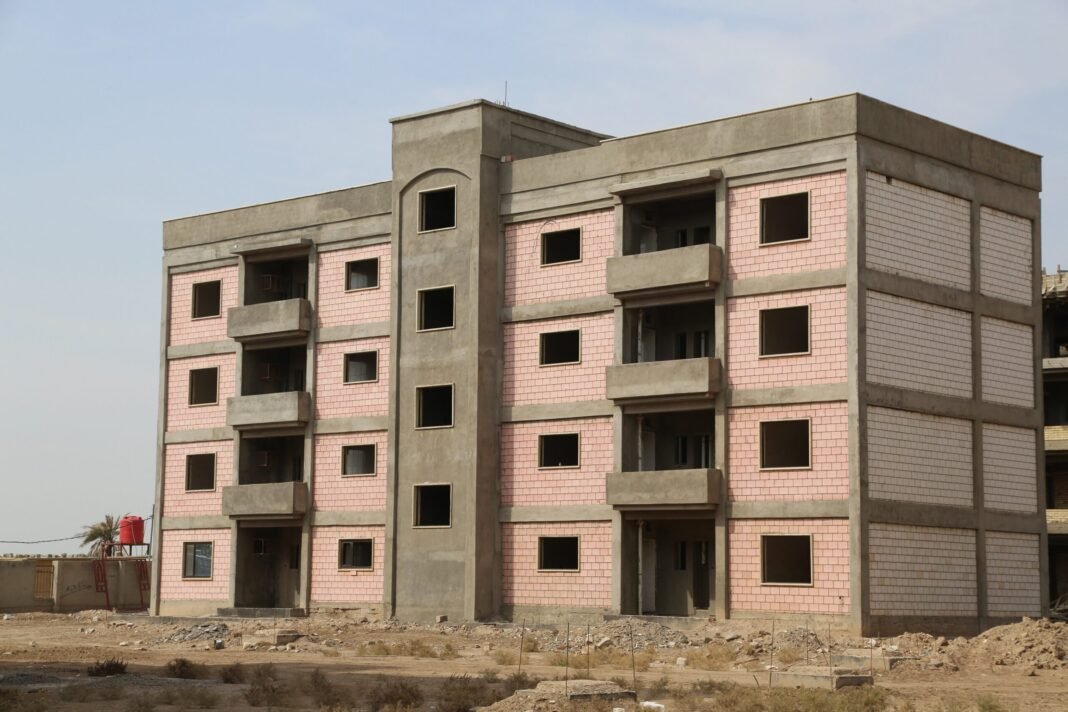Iraq has taken a major step toward solving its housing shortage by approving new projects in Baghdad. Prime Minister Mohammed Shiaa Al-Sudani led a meeting of the Higher Committee for Reconstruction and Investment to review key initiatives. The government placed a strong focus on a plan that promises to reshape the capital’s housing landscape.
During the meeting, officials examined the economic model of the New Sadr City project. The plan’s first phase will deliver 11,000 housing units with full infrastructure, green spaces, and commercial areas. This approach reflects the government’s determination to provide modern housing while supporting local commerce and improving city life. Moreover, the project aims to create balanced development that benefits the wider community.
Prime Minister Al-Sudani highlighted the project’s importance for Baghdad residents. He stressed that these housing units will be reserved only for residents of Sadr City. Allocation will follow census data to ensure fairness and transparency. In addition, the government committed to subsidized prices so that citizens can afford the homes. This balance between affordability and modern living shows the government’s intent to address long-standing challenges.
Furthermore, the committee resolved another long-delayed issue. The housing project for employees of the Iraqi Media Network finally received full approval. Officials recognized the commitment and sacrifices of the network’s staff since earlier years. To speed progress, the Prime Minister directed that the investment license be issued without delay. He also ordered authorities to cut through bureaucratic procedures. This decision marks a turning point for employees who have waited for many years.
The housing crisis in Iraq has grown due to rapid population increases and limited urban development. By approving these projects, Iraq is positioning itself to meet rising demand. At the same time, the projects will create jobs and stimulate economic growth. With proper execution, the initiatives can ease social pressures while driving investment into the capital.
Transitioning forward, Iraq plans to expand these models to other cities. Officials believe that success in Baghdad can become a blueprint for future housing strategies nationwide. As a result, citizens will gain both better living conditions and stronger confidence in the government’s economic vision.





